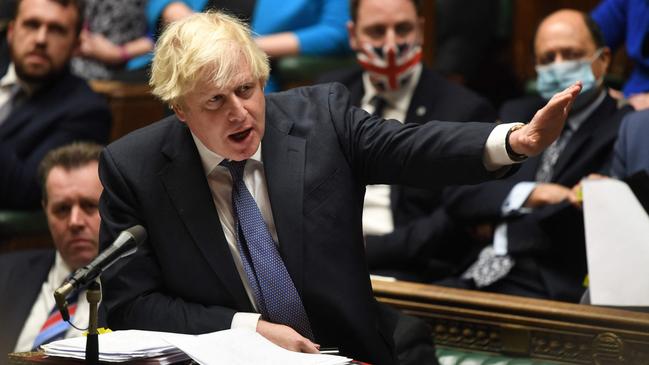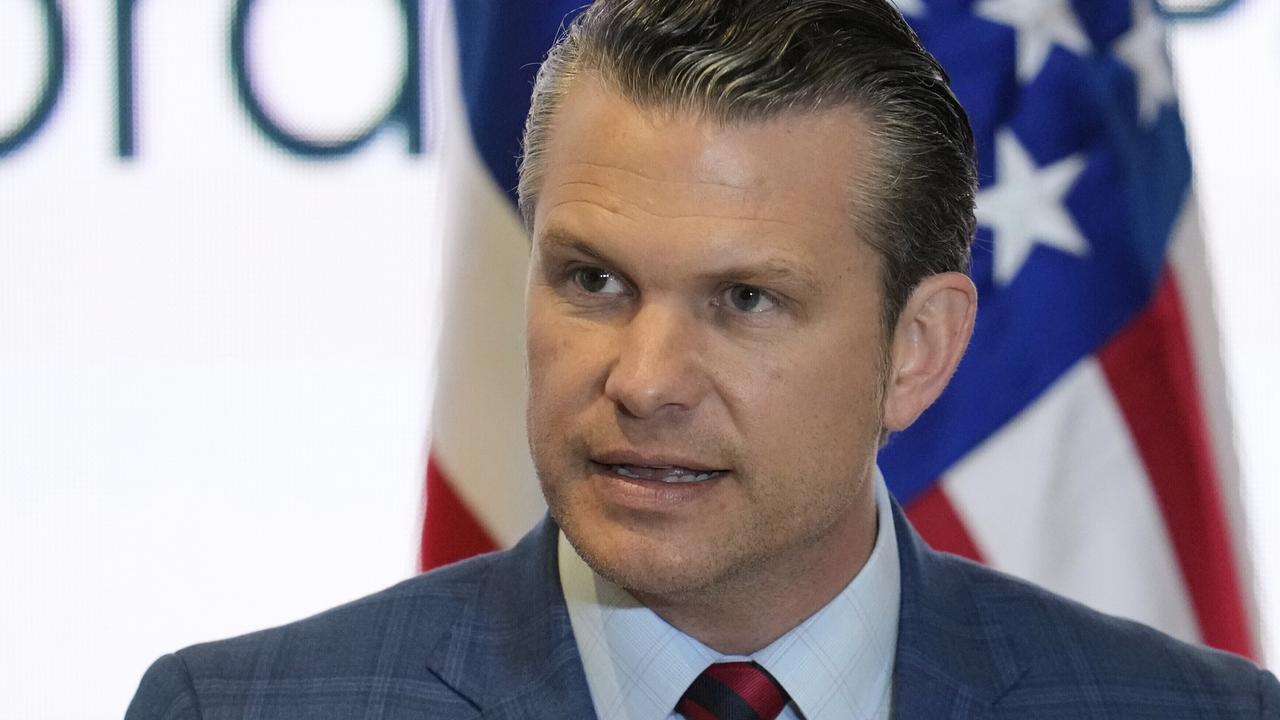I mucked up MP sleaze rules, admits Boris Johnson
The British Prime Minister defends his botched bid to overhaul parliament’s standards system.

British Prime Minister Boris Johnson defended his botched bid to overhaul parliament’s standards system that has prompted a weeks-long sleaze crisis for the ruling Conservatives, as he faced a grilling from MPs.
With opposition parties on the attack and rank-and-file Tory MPs deeply unhappy, the embattled British leader admitted on Wednesday he had made a “mistake”, as senior colleagues quizzed him for two hours at a scrutiny session held three times a year.
That came shortly after angry exchanges with Labour leader Keir Starmer – and, unusually, House of Commons Speaker Lindsay Hoyle – over accusations of improper conduct, and before he met Conservative MPs for a separate inquisition.
Mr Johnson’s gruelling day follows several weeks of controversy kickstarted by his failed attempt to overhaul the internal system policing MPs, just as Tory Owen Paterson faced suspension over lobbying ministers for two firms that had him on the payroll.
“It was a total mistake not to see that Owen’s breach of the rules … made any discussion about anything else impossible,” Mr Johnson told parliament’s most senior cross-party watchdog committee. “The intention genuinely was not to exonerate anybody. The intention was to see whether there was some way in which, on a cross-party basis, we could improve the system.
“In retrospect, it was obviously mistaken to think that we could conflate the two things,” Mr Johnson added, adding that he regretted the move.
Hours earlier, Sir Keir branded Mr Johnson a “coward” for refusing to apologise for his role in the saga – a remark the Labour leader later withdrew.
Mr Johnson also clashed with the normally mild-tempered Sir Lindsay over his behaviour during weekly Prime Minister’s questions, as he tried to turn the tables by demanding answers from Sir Keir. “You may be the Prime Minister of this country, but in this house I’m in charge!” the Speaker bellowed, ordering the British leader to “sit down”.
Westminster has been consumed since late October by the row about MPs supplementing their publicly funded salaries with lucrative second jobs, stoking accusations of conflicts of interest.
Mr Paterson’s conduct soon became overshadowed by revelations that numerous other MPs had high-paying second jobs, in particular lawyer and former attorney-general Geoffrey Cox.
He has been accused of using his parliamentary office for outside legal work, which has netted him more than £6m ($8.1m) since becoming an MP in 2005, on top of his annual MP’s salary – currently around £82,000.
Mr Paterson has since resigned from parliament, while Mr Cox denies breaking the rules.
British MPs are permitted to hold outside roles, as long as they declare them, but are not allowed to use their parliamentary offices or resources for such work.
Paid lobbying is also forbidden, with accusations of wrongdoing probed by parliamentary standards watchdogs.
After a barrage of negative headlines and plummeting poll ratings, Mr Johnson tried to get on the front foot on Tuesday by backing proposals to bar lawmakers from acting as paid political consultants and advisers.
The move came as Labour unveiled plans for a Commons vote on banning MPs from such roles as well as being paid directors under a strict timetable, which Sir Keir said had forced Mr Johnson’s hand. The Labour plan lost by 51 votes late on Wednesday, with MPs instead backing a government amendment calling for a parliamentary committee to propose reforms of a code of conduct for MPs by early next year.
The opposition criticised that as “watered-down warm words” and still open to interpretation, and there is also disquiet over its intent in Tory ranks. “Frankly, he just doesn’t get it,” Sir Keir said after the vote. “It is unbelievable that after the last few weeks the Prime Minister has whipped his MPs yet again to vote down a plan of action on standards.”
At a meeting of his backbench MPs on Wednesday night, Mr Johnson reportedly faced discontent. Laura Kuenssberg, the BBC’s political editor, said one attendee had texted her afterwards to say he “looked weak and sounded weak … (his) authority is evaporating”.
AFP



To join the conversation, please log in. Don't have an account? Register
Join the conversation, you are commenting as Logout